Nano-Optics is the combination of “Optics” and “nanotechnology”. This topic deals with light-matter interaction at the nanoscale, that is at a scale which is much smaller than the light wavelength. At this scale, the role of evanescent waves is crucial and the optical properties of materials are generally different from what they are at the microscale, opening plenty of new avenues and applications to be explored. This Research field is at the crossroad of at least 2 of the 6 Key Enabling Technologies, defined by the European Community as a priority of its industrial policy, given its connection to socioeconomic stakes in the fields of energy, telecommunications, security, health and environment.
Note : This master specialty is one of the 3 available under the cursus named "Mention Applied Physics and Physical Engineering". It is jointly awarded by UTT and the Université de Reims Champagne-Ardenne.
- Physique, Spectrométrie, Ingénierie et Instrumentation (M1 et M2 à Reims)
- Mécanique, Matériaux et Procédés Avancés (M2 à l’UTT)
- Nano-optics & Nanophotonics (M1 à Reims et à l’UTT - M2 à l’UTT)
The Nano-optics & Nanophotonics master is supported by the
Nano-Phot graduate school which aims at training masters and PhDs for R&D jobs in Nanophotonics and Nanosciences. This program benefits from a specific financial support of the National Agency of Research.
Pedagogical objectives
The NANO-PHOT training is based on a teaching of nano-optics and photonics as a transverse discipline allowing to approach a very open and particularly valorizing field: the nanotechnologies.
The NANO-PHOT course educates to the activities of Research & Development (R&D) in the field of nanotechnologies via the tools and methods of nano-optics (comprehension of the phenomena, modelling), the manufacturing of nanostructures and materials, the characterization of their physico-chemical properties notably by nanoscopy and nanospectroscopy.
Professionnal Objectives
This master training leads students in R&D in nanotechnologies, a field with a strong fundamental component and multiple applications: plasmonics, lighting, biomedical and environmental sciences (biosensors, energy production and storage, decontamination).
The program is taught entirely in English and is open to international students.
Objectives related to research
Research themes
The scientific objectives of the NANO-PHOT course concern the development of nano-optics and photonics in terms of science, technology and application. Four main themes are addressed: Emerging materials for nano-optics, nano-spectroscopy & nano-sensors, fundamental phenomena in nano-optics and photonics, and nano-fabrication.
Labs
The NANO-PHOT course is supported by several research teams from UTT and URCA:
- Light, Nanomaterials, Nanotechnologies (L2n/CNRS)
- The scientific and technological platform Nano’Mat comprising 1000 m² of clean room and equipment dedicated to nanotechnologies.
- The Laboratory of Research in Nanosciences (LRN)
- Institut de Thermique, Mécanique, Matériaux (ITheMM)
- BioSpectroscopie Translationnelle (BioSpecT)
- Fractionation of AgroResources and Environment lab (FARE)
- Matrice Extracellulaire et Dynamique Cellulaire (MEDyC)
- Stress Environnementaux et BIOsurveillance des milieux aquatiques (SEBIO)
3 reasons to choose this Master
A degree resolutely oriented towards Research & Development
The NANO-PHOT program allows students to enter the research field through academic studies (doctoral thesis) or in companies in internationally renowned laboratories.
An internationally oriented Master's degree
Delivered in English, the NANO-PHOT program is a gateway to an internationally oriented career path. It also provides access to double Master 2 degrees with partner universities (Taiwan, Germany, Mexico) via a semester abroad.
A recognized Master's degree
The NANO-PHOT program is a national Master's degree, widely recognized as a European graduate degree. |
Training location
Université de Technologie de Troyes (except for the 1st semester of M1 which take place at URCA in case of admission in 1st year).



